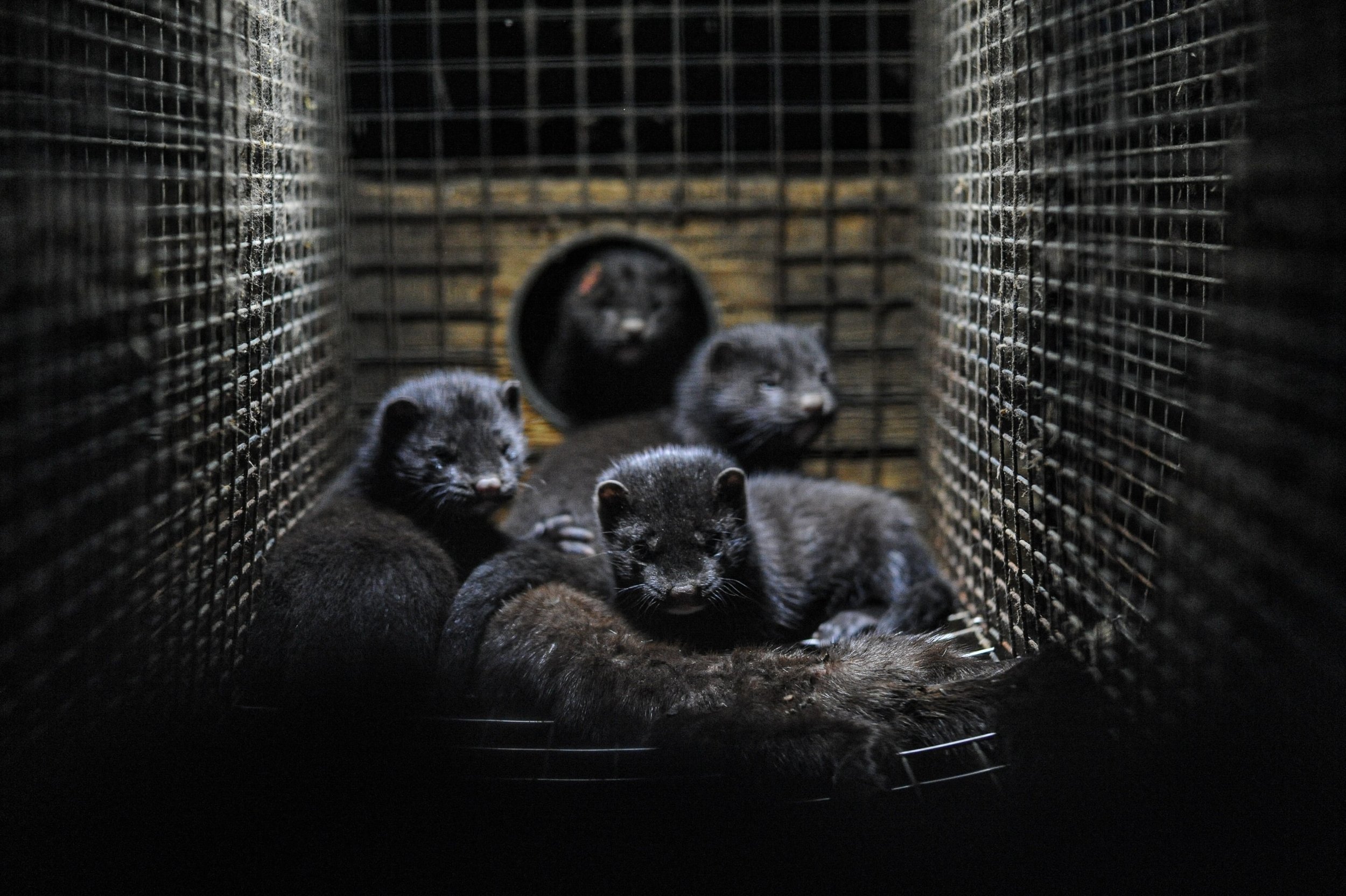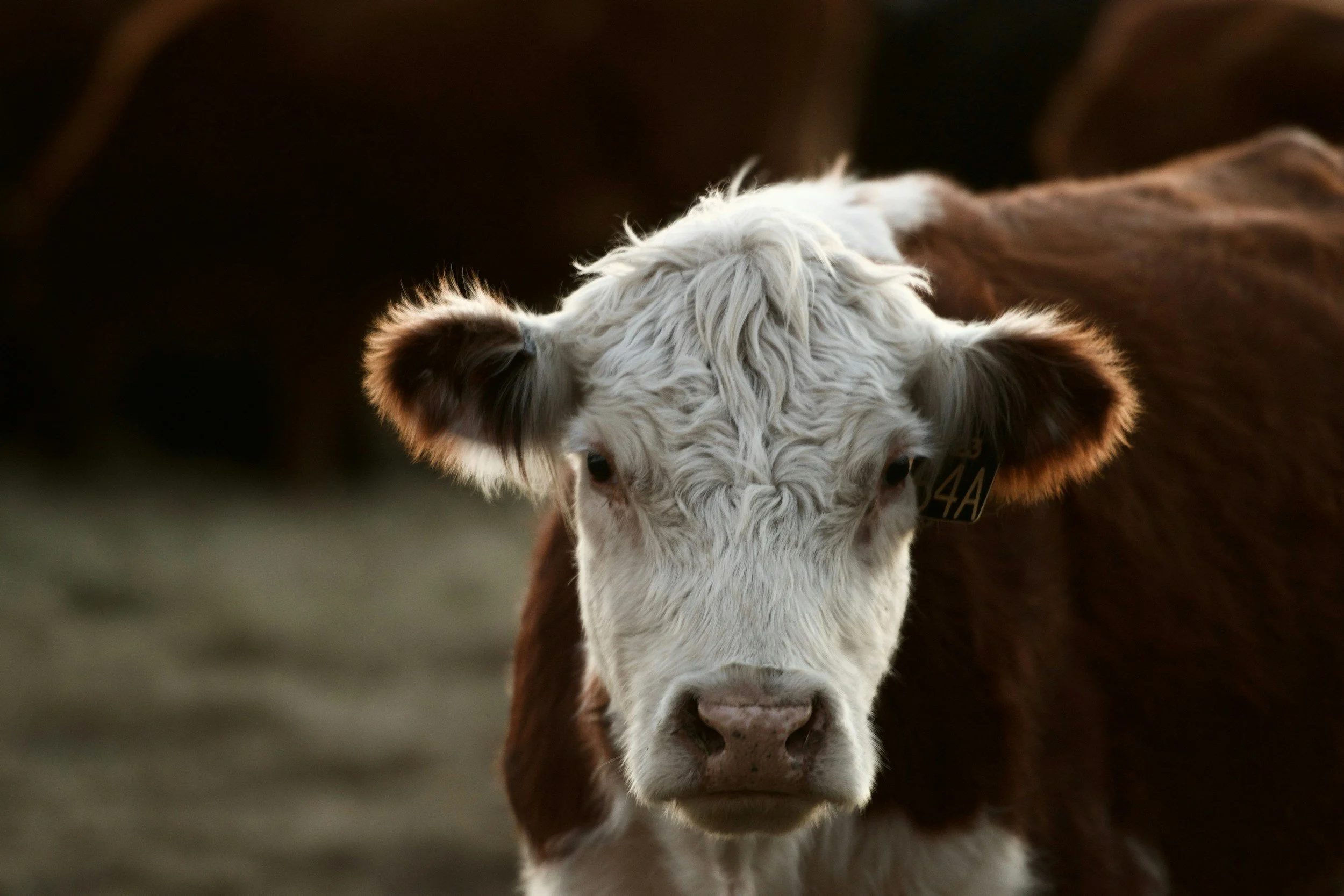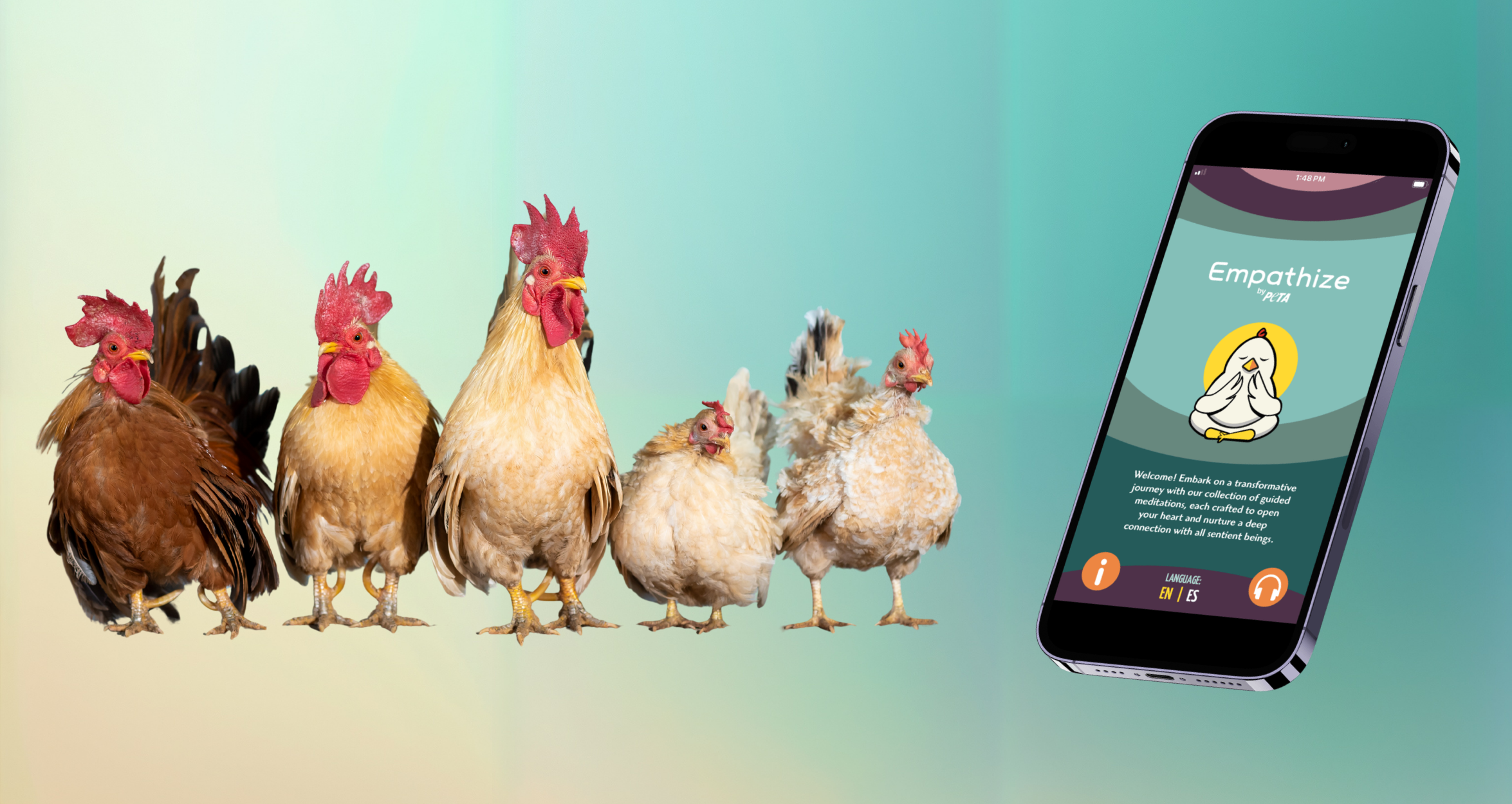Lilly Lashes to settle $500,000 class action lawsuit over claims its mink fur lashes were falsely-advertised as "cruelty-free"
The lawsuit alleged that customers were duped into paying for products harvested from mink fur farms.
Cosmetics company Lilly Lashes has agreed to pay a $500,000 settlement to resolve a class-action lawsuit over claims it had falsely-advertised and sold mink fur eyelashes as “cruelty-free”.
The California brand has amassed a large online presence, boasting millions of social media followers and celebrity endorsements from the likes of Kim Kardashian and Rihanna.
However, it has also courted controversy over its decision to sell false lashes made with real mink fur. This policy has seen criticism from animal welfare groups, who say that such products are sourced from cruel fur farms, where mink are unnaturally kept in cramped and unhygienic conditions before being violently slaughtered for their fur.
Further concerns were also raised following reports that Lilly Lashes was misleading its customers by marketing such mink fur products as “cruelty-free” and even “vegan”, despite the well-known animal suffering that generally occurs on mink fur farms.
In 2022, makeup artist Haylee Woodard filed a lawsuit against the company alleging that she, and likely many others, had been misled into buying mink fur products.
In the lawsuit, plaintiff Woodard explained hat she first began purchasing Lilly Lashes’ mink fur lashes back in 2017, in the belief that the packaging’s claim of “Cruelty Free” was accurate.
False eyelashes can be made with a range of synthetic or animal-free materials, but some are still made using real mink fur.
But after the publication of several online articles about the dark reality of where and how mink fur is harvested, Woodard realized that Lilly Lashes’ cruelty free claims were false and misleading, and said that she would not have otherwise brought thse products had they been properly labelled.
Now, Lilly Lashes has agreed to pay a $500,000 settlement to resolve Woodard’s class action lawsuit.
As part of the settlement, the brand has stopped using the claim “cruelty free” on mink fur products in marketing and on its website.
Following the announcement, People for the Ethical Treatment of Animals (PETA) have written a public letter renewing the group’s call for Lilly Lashes to stop selling mink fur lashes in order to be truly cruelty free.
“With a half a million dollar settlement looming, Lilly Lashes needs to read the room: Conscientious consumers don’t want to wear the fur of a suffering animal who was abused and treated like trash before being gassed” says PETA Executive Vice President Tracy Reiman. “PETA is calling on the company to stop clinging to cruelty, remove fur from its products, and use only vegan materials that today’s shoppers demand.”
Credit: We Animals / Jo-Anne McArthur
Many leading brands around the world including Gucci, Michael Kors, and Moncler have already banned mink fur from their collections. Beauty giant Sephora made the decision to only sell synthetic or faux-fur eyelashes after overwhelming public support saw over 280,000 people take action and call on the brand to implement a ban.
According to animal welfare groups like Born Free USA, mink fur farming is “undeniably cruel”, and leads to the “brutal” treatment of farmed mink where the animals are slaughtered by gassing, cervical dislocation, or electrocution. While they are alive, animals are often crammed at high densities into tiny spaces with little room to move and no space to carry out natural behaviors. These living conditions cause severe mental and physical distress, weakened immune systems, and injury.
Decades of campaigns against fur farming have raised the international profile of the reality behind fur products, and it is believed that the majority of consumers are now opposed to the industry. In a 2021 poll, it was found that 71 percent of Americans do not support the killing of animals for their fur.
We Have A Favor To Ask…
Species Unite amplifies well-researched solutions to some of the most abusive animal industries operating today.
At this crucial moment, with worldwide momentum for change building, it’s vital we share these animal-free solutions with the world - and we need your help.
We’re a nonprofit, and so to keep sharing these solutions, we’re relying on you - with your support, we can continue our essential work in growing a powerful community of animal advocates this year.






